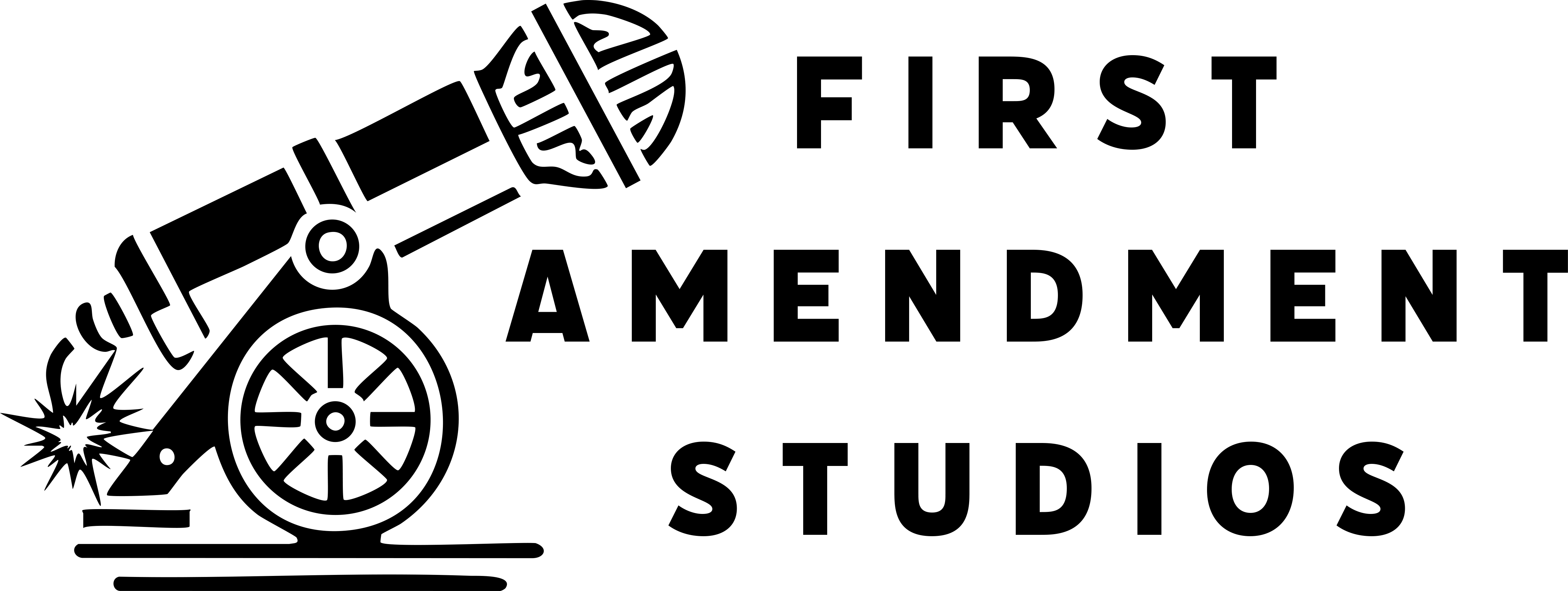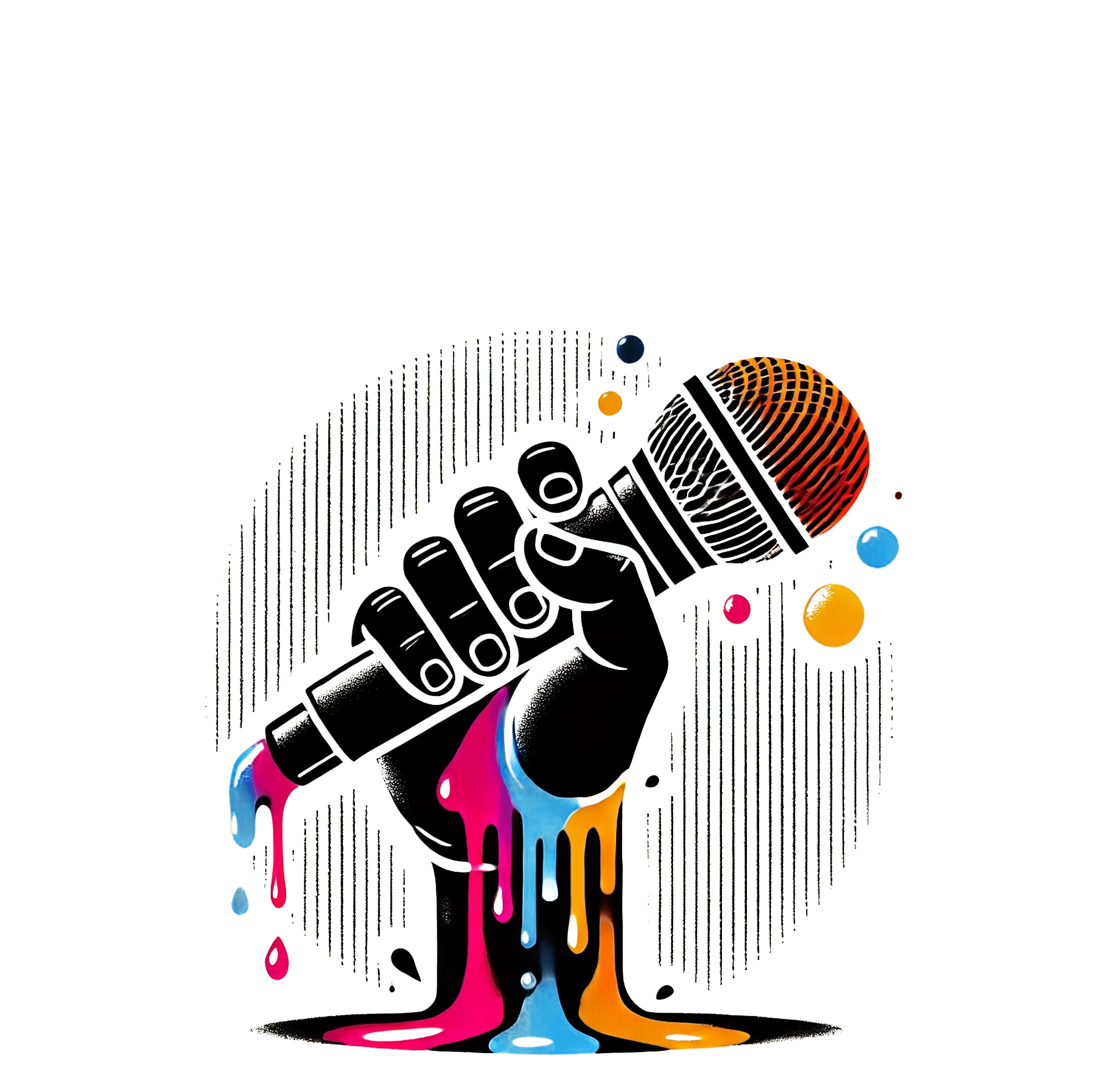Your cart is currently empty!
Art is one of humanity’s oldest and most sacred tools of communication. It speaks truth, often when truth is most unwelcome. But throughout history, artists have faced suppression, censorship, imprisonment, and even execution—not for violence or harm, but for expression. The question is not whether art should be free. The question is whether we, as a society, are willing to defend the rights of those who dare to speak in color, rhythm, shape, and story.
Art Is Speech. Art Deserves Protection.
Under the Declaration of Sacred Human Autonomy, the right to express oneself is not a luxury; it is a fundamental, inalienable right. Creative expression is an extension of thought, belief, and identity. When we defend the autonomy of the artist, we defend the autonomy of the individual.
Article IV of the Declaration reads:
“Every human being has the right to explore, express, and share their own ideas, emotions, and experiences through any creative form, without coercion, censorship, or institutional interference.”
This is not a poetic aspiration. It is a call to action.
The History of Silencing
From banned books and exiled poets to modern-day algorithmic suppression, artistic voices have always been targeted by systems threatened by change. Ai Weiwei, Nina Simone, Pussy Riot, James Baldwin—creatives who challenged power, often at great personal cost. The artist is dangerous not because they lie, but because they reveal.
Advocacy is the line between silence and survival.
What Advocacy Looks Like
Advocacy is not symbolic—it is structural. It looks like:
- Legal defense for persecuted artists
- Grants for marginalized creators
- Public education on free speech rights
- Media platforms built on ethical, independent values
- Organizations willing to say “We stand with the voices they try to erase”
At First Amendment Studios, advocacy means producing content that cannot be bought, building platforms that cannot be censored, and creating coalitions to protect the next generation of truth-tellers.
Why It Matters Now
In an era of rising authoritarianism, culture wars, and corporate consolidation of media, defending creative autonomy is not optional—it is essential. When governments, algorithms, or corporations control what stories can be told, we lose more than art. We lose reality itself.
You Don’t Have to Be an Artist to Be a Defender of Expression
Advocacy belongs to all of us. Whether you paint or publish, support or speak out, your action counts. Because if one voice is silenced, none of us are free.


Leave a Reply